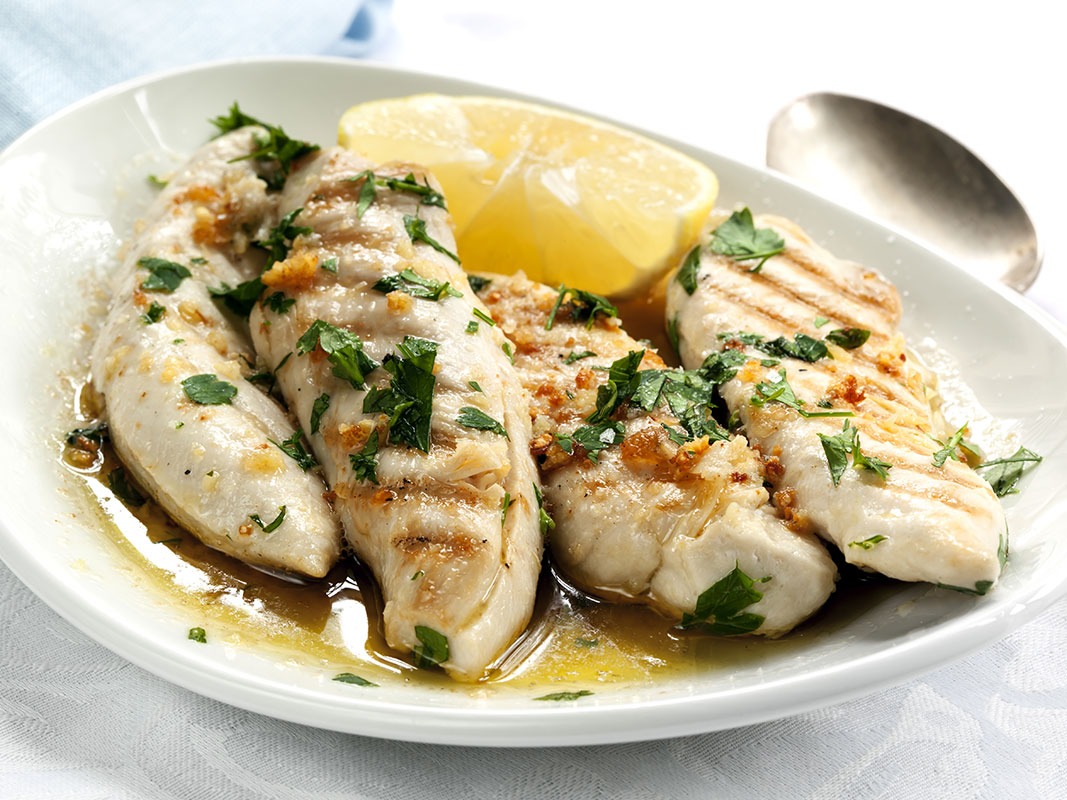The lemon is said to have originated in the Indus Valley because of a lemon-shaped earring from 2500 BC found by archaeologists in the area. Since those days of yore, this wonderfully juicy and nutritious fruit has written Tangy Tales of terrific proportions. It has saved thousands of sailors’ lives from scurvy and re-energised millions of souls during the harshest of summer months. It has added the refreshing zing on top of most of our favourite dishes. To be honest, the blog should actually be called, When Life Gives You Lemons, The World Is Your Oyster. That’s how versatile this fruit is. However, today, we are going to stick to talking about how it can be used to add that zing to our favourite types of meat. Let’s start peeling and squeezing.
Lemon juice can be used to marinate meat, poultry, and fish.
Every marinade is made of three key components: acid, oil, and flavourings. The oil moistens the meat while spices and herbs add flavour. The acid aids by tenderising the raw meat, thereby permitting the oil and spices to have an effect. Many marinades use vinegar as an acid substitute, but lemon juice is more effective as it also lends a citric flavour.
- Use anywhere from 1 tablespoon to 1/4 cup (15 to 60 milliliters) lemon juice for marinades, depending on how much meat you use, how tender you want it to be, and how zingy you want it to be.
Make sure you choose the right spices and herbs
If you are not sure which ones would complement the tang of lemon, opt for black pepper, garlic, dill, or parsley as a safe bet.
Marinate red meat for two hours to maximise the amount of flavour the meat picks up from the marinade.
Red meat is comparatively tougher, so lemon juice is essential for tenderising. Smaller chunks of red meat can pick up flavour from a marinade in 45 minutes or so, while roasts and large cuts would require marinating for up to two days.
Allow poultry to marinate for 30 minutes to about four or five hours.
Chicken is tender, lean meat, and it can be flavoured in 30 minutes to an hour, depending on the size of the cut. You can marinate chicken for several hours without affecting the texture, but it is advisable to allow chicken to marinate for a maximum of two days else the texture might get tough and chewy.
Do not marinate fish any longer than 60 minutes.
Fish and other types of seafood have very light density, and the acidic lemon juice can actually ‘cook’ the fish if it seeps in for more than an hour. For most dishes, marinating for 30 minutes is ideal.
Marinate meats, poultry, and fish with lemon juice in a non-reactive dish.
Glass and plastic work best, but stainless steel can also be used. Do not use aluminum, since aluminum will react with the acid and leave your food with a metallic taste
Well, what are you waiting for? Head over to Licious, pick up the choicest cuts of your favourite meat, and acquaint them with lemons. Here’s hoping you’ve gained a fresh perspective to cooking!

